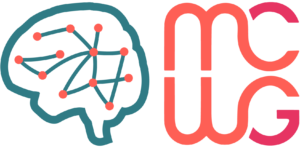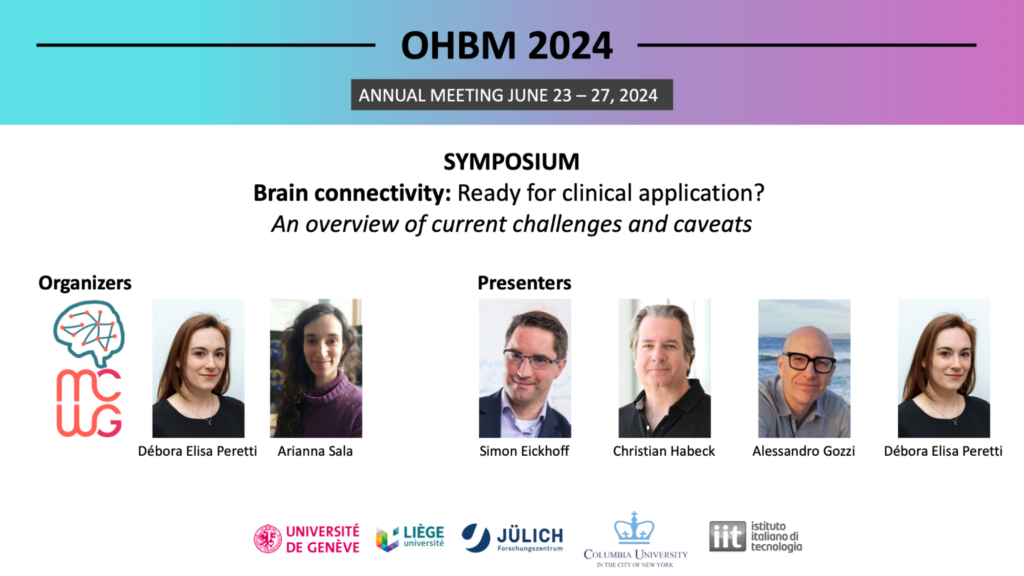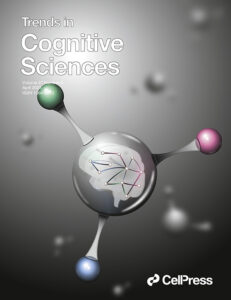
Hello!
We wish to remind everyone that registration for the Molecular Connectivity Symposium, “What is brain connectivity?” is still open for online participation with ten spots available! The registration link can be found here, with more information below! We wish to ensure that everyone who is interested in attending online has the opportunity to attend and look forward to “seeing” you there! Also, please join us for our May MCOS with Dr. Joana Pereira, on Friday, May 17th, 15:00 CET, 9:00 EST, further details and registration link below!
1. The MCWG second Symposium “What is brain connectivity?” is this Friday May 3rd!
We hope you will join us!
Please note, there are 10 available spots remaining for online participation!
Registration: Registration for this symposium is free! Secure your spot by visiting here.
The symposium aims to better delineate macroscale brain connectivity across fMRI, DWI, EEG, and molecular connectivity. The event will provide a foundation for follow-up discussions about standardized nomenclature for molecular connectivity.
🌐 Please join Us!
Date: May 3, 2024
Time: 9:00 am – 1:00 pm (GMT+2, time converter: here)
We are also offering Special Access for Molecular Connectivity Members continuing through May the 4th: “Molecular Imaging of Brain Connectivity: towards standardized nomenclature” reserved for MCWG members and experts.
This event is organized with the support of DFG, Bruker (PMOD), Curium and Technical University of Munich.
2. We are pleased to announce the next MCOS talk featuring Joana Pereira, PhD!
Date: May 17th, 2024
Time: 15:00 CET, 9:00 EST
Title: Individual PET connectomes capture disease progression and cognitive decline in Alzheimer’s disease
Please join us for this 30 minute presentation to be followed by discussion (~25 minutes).
Please register here.
Identifying unique differences is crucial for enhancing personalized medicine strategies for Alzheimer’s disease (AD). In this work, we present a framework to create individual molecular connectomes by using longitudinal data from tau and amyloid positron emission tomography scans. We show that these personalized molecular connectomes can pinpoint specific individuals and track disease progression throughout different AD stages as well as over time.

I have a background in neuroimaging in aging and neurodegenerative diseases, mainly Alzheimer’s disease (AD). In my group we are working with different brain imaging modalities, CSF and plasma biomarkers to understand the sequence of pathological events that lead to AD. We have developed different methods, including an open-access software for the analysis of brain connectivity using graph theory, multilayer network approaches and deep learning called BRAPH.
The MCOS promotes rigor in research and resource sharing. We aim to hold MCOS every third Friday of the month, but is subject to change due to speaker availability.
Our next seminar will be held on Friday June 14th, 2024 at 15:00 CET, 9:00am EST featuring Tommaso Volpi, PhD who will discuss Molecular connectivity & dynamic PET: comparing time series and subject series approaches.
Please stay tuned for further details in next month’s newsletter!
Reminder, OHBM 2024 will feature a symposium organized by members of the MCWG:
Brain connectivity: Ready for clinical applications?
Date: June 24 2024
Time: 8:00 AM – 9:15 AM

Organized by Débora Peretti and Arianna Sala, the symposium is entitled “Brain connectivity: ready for clinical application? An overview of current challenges and caveats” and will feature presentations from Simon Eickhoff, Christian Habeck, Alessandro Gozzi, and Débora Peretti. In this symposium we discuss some of the most pressing methodological considerations that still need to be addressed by neuroscientists in order to obtain robust connectivity markers for inference and prediction. Both statistical and biological considerations will be covered, on the grounds that not only prediction of phenotypes from activation/connectivity data, but also understanding the mechanisms underlying inter-individual connectivity differences, are necessary to obtain robust, generalizable topographic substrates. Finally, an overview of the translation of connectivity metrics into clinical practice will be presented.
We invite you to please send information about events related to brain and molecular connectivity or news or job opportunities that you wish to share with the community for consideration by the final day of each month using this form.
We will feature a member of the MCWG and include a brief Q&A, stay tuned for next month’s feature!

The MCWG is made up of four international and multidisciplinary councils dedicated to promoting molecular connectivity research via dissemination of methods, results, collaboration, and resource sharing (e.g. datasets, tools) within the scientific community. We encourage the neuroscientific community to take an integrative perspective in study of the brain connectome, where various methods including MRI-based techniques, electrophysiological tools, and molecular imaging advance our understanding of the brain. Please find fundamental questions outlined here: “Brain connectomics: time for a molecular imaging perspective?”
Our website can be found here. We also invite you to join the MCWG!